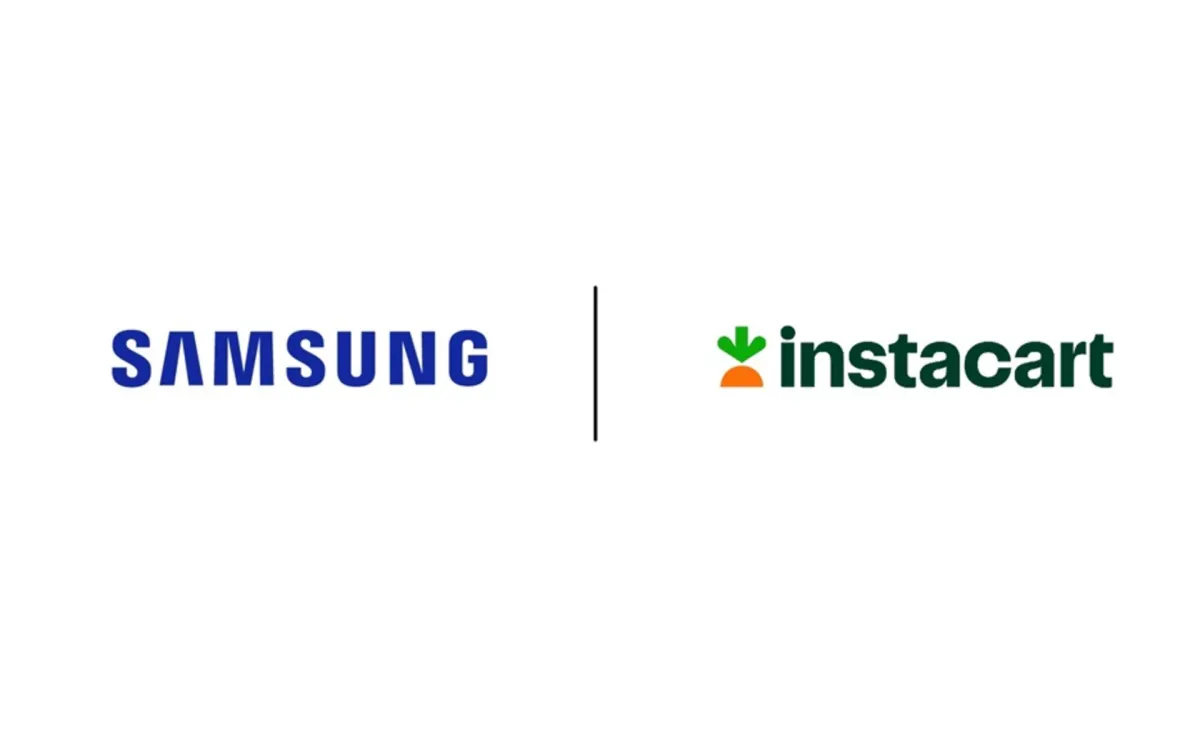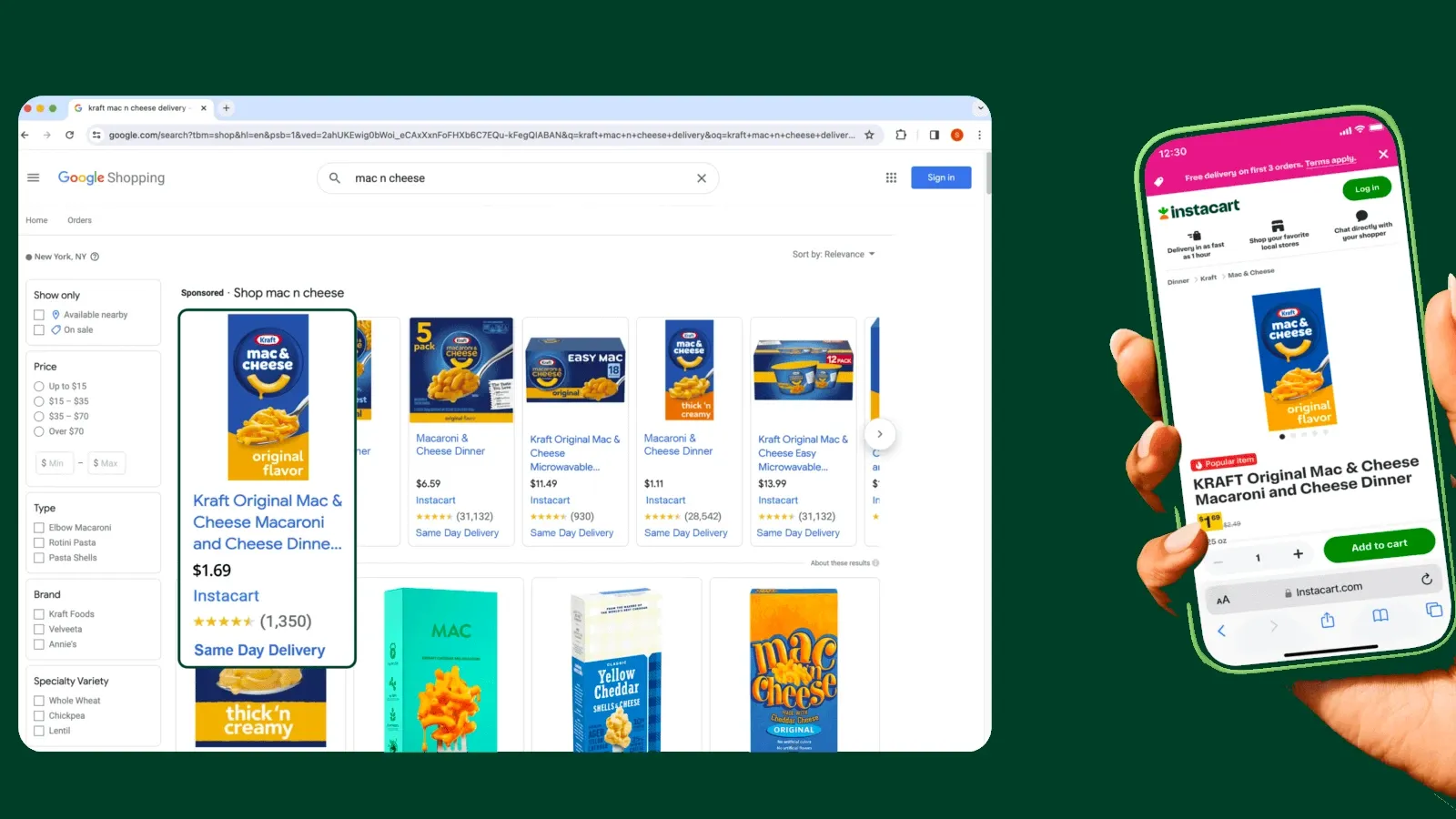

Samsung Electronics today announced a multi-year partnership with Instacart to integrate grocery shopping capabilities directly into their smart refrigerator displays. The collaboration merges Samsung's artificial intelligence technology with Instacart's grocery delivery infrastructure.
The technical implementation centers on Samsung's AI Vision Inside system, which currently recognizes 37 distinct food items, focusing primarily on fresh produce. According to Jeong Seung Moon, EVP and Head of the Consumer Experience Team for Digital Appliances at Samsung Electronics, this integration combines the company's proprietary food recognition technology with Instacart's product-matching API.
The hardware specifications for this integration include two primary display options in the 2025 Bespoke refrigerator lineup. The larger model features a 32-inch AI Family Hub+ screen, while a new variant introduces a more compact 9-inch AI Home display. Both models incorporate the AI Vision Inside technology for food recognition capabilities.
Samsung's technical architecture requires specific conditions for operation. The system necessitates an active Wi-Fi connection and dual authentication through both Samsung and Instacart user accounts. The service availability aligns with Instacart's existing delivery network across the United States.
The technology implementation extends beyond new purchases. Samsung plans to deploy the Instacart integration to existing AI Family Hub+ units equipped with AI Vision Inside through over-the-network firmware updates during 2025. This update strategy aligns with Samsung's Smart Forward initiative, which focuses on enhancing existing appliance capabilities through software updates.
Samsung's AI Vision Inside technology operates with specific limitations. The system cannot identify items stored in refrigerator door bins or the freezer compartment. For non-recognizable food items, users must input names and expiration dates manually. The technology utilizes deep learning models, which receive periodic updates to improve recognition accuracy.
The integration process utilizes Instacart's advanced product-matching API to connect recognized items with available products in local grocery stores. When items run low, the system can automatically generate shopping lists and facilitate direct ordering through Instacart's delivery network.
Early testing data and specific performance metrics remain undisclosed. However, Samsung indicates that the deep learning models underlying the AI Vision Inside technology undergo continuous refinement to enhance recognition accuracy.
Daniel Danker, Chief Product Officer at Instacart, frames this integration as a significant advancement in automated grocery replenishment. The technical framework established through this partnership enables Samsung refrigerator owners to place grocery orders directly through their appliance interface, with same-day delivery options available through local retailers.
The geographic availability of this service depends on Instacart's existing delivery network. Potential users must verify service availability in their area through Instacart's website. Samsung has not yet released the complete list of refrigerator models that will support this functionality.
 PPC LandLuís Rijo
PPC LandLuís Rijo
This integration represents a significant shift in home appliance functionality, combining Samsung's artificial intelligence capabilities with Instacart's established delivery infrastructure. The partnership demonstrates the growing intersection between consumer electronics and digital service platforms, potentially setting a precedent for future smart home innovations.
The financial terms of the partnership remain undisclosed, as do specific sales projections for the enabled refrigerator models. Samsung has not announced pricing details for the 2025 Bespoke refrigerator lineup featuring this integration.
 PPC LandLuís Rijo
PPC LandLuís Rijo
Looking ahead, Samsung indicates that additional features may be introduced through future firmware updates, though specific details about these potential enhancements remain unannounced. The company continues to develop its AI Vision Inside technology, suggesting that the system's food recognition capabilities may expand beyond the current 37-item limit.

